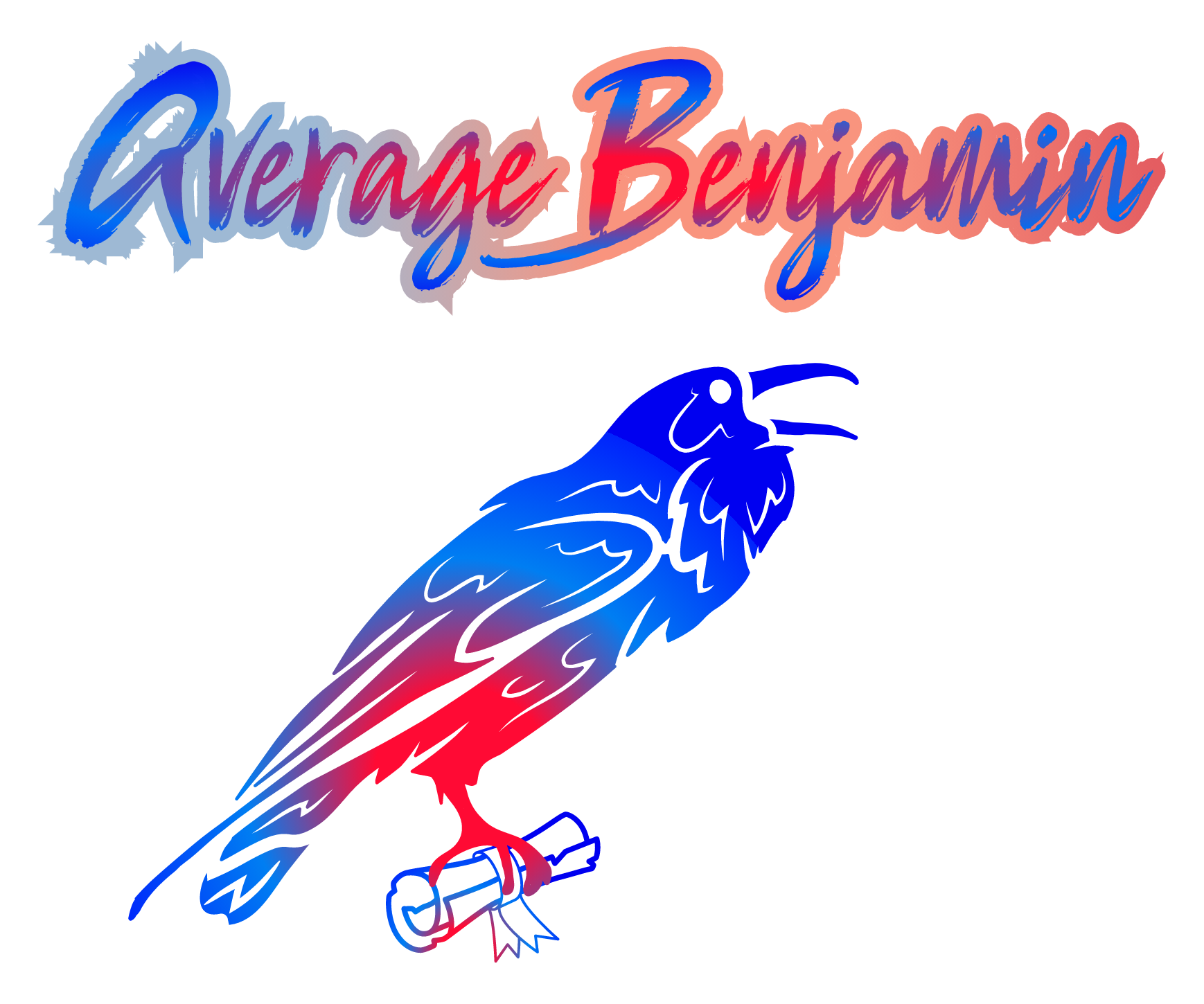Yet, I seek

What I Seek: A Reflection on Strength, Connection, and the Universal
Life can feel stagnant. Like you’re just drifting in place, living the same day over and over. But maybe that feeling—that ache for something more—isn’t something to fear. Maybe it’s a call.
A call to seek.
This is what I’ve been thinking about lately. About strength, connection, meaning, and how we are wired to look for something deeper. This post is a reflection on that search—and a reminder that even when we don’t know what we seek, the seeking itself has value.
The Stagnant Loop
Every day:
- Hit snooze a couple of times
- Open your eyes
- Feel the day’s tasks wash over you
- Get up
- Bathroom. Coffee. Get dressed.
- Go to work.
- Come home. Shower. Eat. Brush teeth.
- Go to bed.
Rinse. Repeat.
It’s a mundane cycle. Over and over and over.
It sounds terrible. But there is an antidote:
To Seek
- To encourage"You’re a net force for good—if you want to be." – Jordan Peterson
- To connect
Stop talking. Start listening. Chase adventure. - To be strong
Reject victimhood. Make it through.
What do I seek?
Knowledge. Connection. Strength.
Human Connection
We are tribal by nature. Since the beginning, we’ve relied on each other for survival—food, shelter, safety. We were built to work together. That’s why isolation is the worst punishment we know.
Today, we depend less on small tribes and more on systems: goods, services, and currency. Money isn’t evil—it’s just a shared delusion we’ve all agreed on. A symbol of value. A universal language.
But real human connection goes deeper than any currency.
Think about the last time you met a new friend and instantly clicked. You felt like you’d known them forever. Conversations were effortless. Just being near them made you feel more alive. You’d go out of your way for them, celebrate them, protect them, love them.
Aside from parenthood, this is the most valuable connection I’ve known.
Timeless. Sacred. Worth seeking.
Environmental Connection
Everything we touch, taste, or see comes from this Earth. Every tool, every idea, every invention—it all started here. We're part of her. We're made from her.
And in our modern lives, we have multiple environments:
Home. Work. City. State. Nation.
Work feels like a tribe. A group of people with different tasks working toward a shared goal—usually: money. And within this tribe, behavior matters. If someone doesn’t carry their weight, someone else has to pick it up. If leadership doesn’t notice or care, the whole system begins to crack.
We also contribute to our larger environments through things like taxes, voting, or starting businesses. Currency might keep it all spinning, but connection is what keeps it human.
Of all environments, home is my favorite. It’s the place where I can just be. Where I can grow, reflect, and love fully. But home can become isolating, too. And when it does, you have to ask: is this still “home”? Or does it need to evolve?
You should love your home. Nurture it. Make it your sanctuary.
Universal Connection
I don’t believe we are in the universe.
We are the universe.
We are of it.
We’re all part of something vast and incomprehensible. That idea gives me chills in the best way. Some people call it prayer. Others meditate. Some feel it through music, others through silence. Some ignore it entirely.
Lately, I’ve been isolating myself intentionally—just to speak aloud to something more than me. No requests. No agenda. Just talking. Then listening. I do it until I feel something inside say: “That’s enough.”
That’s connection. That’s belonging.
That’s sacred.
"I am you, you are me, and we are all together."
– The Beatles
I don’t know what I seek.
But I seek.
What I Seek: Strength
Mental
The brain is only about 2% of our body weight but consumes roughly 20% of our energy. It controls every breath, heartbeat, thought, and choice.
That’s why it’s so important to inform it.
Think of your brain like a program. It can only calculate based on what it knows. If I ask you to pick a color at random, you'll pick your favorite. But if I tell you green has $1,000 under it, you'll likely pick green. Add red with $5,000? You’ll pick red.
More information = better decisions.
When life throws you something complex—like a career change or a parenting dilemma—don’t just go off instinct. Read. Learn. Get perspective. The more informed your brain is, the better it will serve you.
Physical
Speaking from a male perspective, my two core responsibilities are simple:
Protect. Provide.
These aren’t just words—they’re instincts. Old as time. Etched into our DNA.
Protection doesn’t just mean fighting off intruders. It means being a wall—against chaos, fear, and instability. It means stepping in when danger is near, sure. But more often, it means creating an environment so stable, so secure, that danger doesn't dare enter. That’s the deeper level of protection: preventative safety. It’s presence. Awareness. Stillness that holds firm when others waver.
To provide isn’t just about earning a paycheck. It’s about provision in all its forms—security, nourishment, guidance, shelter, stability. It’s being a source of strength for those you care about. Showing up when it matters most, whether that’s through money, advice, or just standing silently next to someone who needs to know they’re not alone.
But here’s the truth:
You can’t protect anyone if you’re falling apart.
You can’t provide anything if you’re running on empty.
The body is the vehicle for the mission.
We live in a time where the value of physical strength is sometimes dismissed or even shamed. We act like brute strength is outdated. But this isn’t about being a barbarian—it’s about being capable. About knowing that when the time comes, you can carry what needs to be carried. Fight what needs to be fought. Endure what needs to be endured.
Your body is your first home. Your first tool. Your first defense.
Physical strength teaches you discipline. You don’t get stronger by talking about it. You don’t get faster by wishing for it. You get stronger by showing up—consistently—when it’s hard, when it’s cold, when no one’s watching.
Strength doesn’t come from motivation.
It comes from repetition.
From doing the work.
Training your body is an act of respect—for yourself, for your tribe, for your responsibilities. It’s a statement that says: “I’m willing to bear the weight. I’m willing to hurt for the people I love. I’m not asking others to carry what I haven’t prepared to carry myself.”
But there’s another layer, too.
Physical health isn’t just about aesthetics or brute force. It’s about energy. If your body is broken down, neglected, numbed with bad food or constant dopamine hits, you lose the clarity and vitality required to seek anything at all. Without energy, the mundane wins. The loop tightens. You stay stuck in the cycle of stagnation.
A healthy body creates momentum.
Momentum creates direction.
And direction gives purpose.
This is why movement matters. Not to impress, but to align. To reconnect your mind, body, and spirit so they’re all rowing in the same direction.
It’s not about being perfect. It’s about being ready.
Emotional
I’m still working on this part. Emotional strength is harder to define. But I know it’s just as vital as the others
Emotional strength is harder to see.
There’s no flex. No scars. No medals.
But it’s just as real—and just as vital.
Where physical strength builds the body, emotional strength builds the foundation you stand on when life tries to knock you over. It's the difference between reacting and responding. Between bottling and processing. Between collapse and composure.
In a world that demands more from us emotionally than ever before, emotional strength is not softness—it’s stability.
It’s not about feeling less. It’s about feeling deeply—and still choosing not to be ruled by those feelings.
It’s about pausing when anger flares.
It’s about speaking when fear says, “Stay quiet.”
It’s about holding space for pain without drowning in it.
It’s crying without shame.
It’s saying “I need help” without feeling like you’ve failed.
It’s comforting others without needing to be the hero.
It’s enduring heartbreak and not letting it make you bitter.
That’s strength.
For men especially, this gets complicated. We’re taught to be the rock. The fortress. The unmovable mountain. But here’s the truth: a mountain that never moves can also never bend—and if it can’t bend, eventually it breaks.
Emotional strength isn’t about ignoring your emotions. It’s about understanding them. Naming them. Channeling them. It’s about carrying grief with grace. Anger with intention. Love with courage.
It’s realizing that emotional control is not suppression—it’s mastery.
Mastery over the self. Over ego. Over old patterns.
It’s knowing what’s yours to carry, and what needs to be let go.
And it’s not always silent. Sometimes emotional strength is showing up raw and honest. Letting the people you love see you. Not the mask. Not the performance. You.
The version of you that hurts, that struggles, that hopes.
We don’t often talk about the emotional weight of responsibility, either. The stress of being the protector. The pressure to provide. The guilt of failing. The shame of not measuring up to a standard that no one ever defined clearly for you in the first place.
We carry so much.
And we rarely unload.
So emotional strength becomes about creating space inside yourself—a place big enough to hold it all without letting it spill over and drown the people you care about. It’s building internal walls with doors, not cages. So that what needs to get out can, and what needs to be held is.
Emotional strength is earned in silence.
In the late nights you don’t talk about.
In the tears that don’t fall.
In the storms you weather alone.
But it’s also grown in community. In friendships where you can tell the truth. In conversations that leave you lighter. In being witnessed—not fixed, not judged—just seen.
That’s the paradox: real strength shows itself through connection, not isolation.
You don’t have to do it all alone.
But you do have to do it honestly.
That’s emotional strength.
Final Thoughts
The truth is, I don’t know exactly what I’m looking for.
But I’m looking.
I am seeking strength, connection, and understanding—in myself, in others, in the universe.
And maybe, just maybe, the search is the point.
Love you all,
AverageBenjamin.

